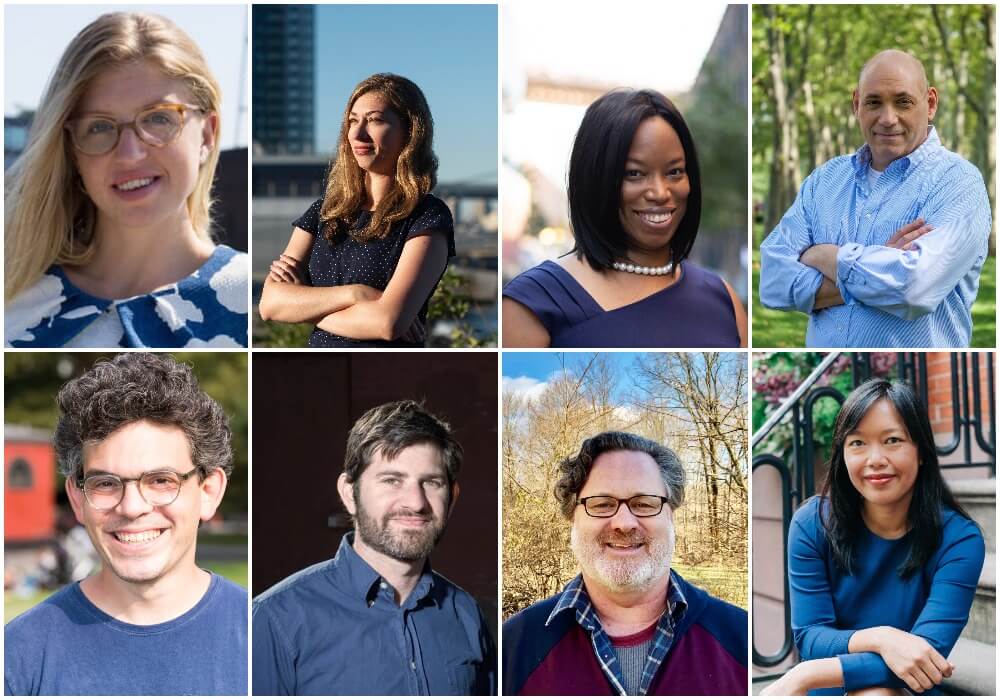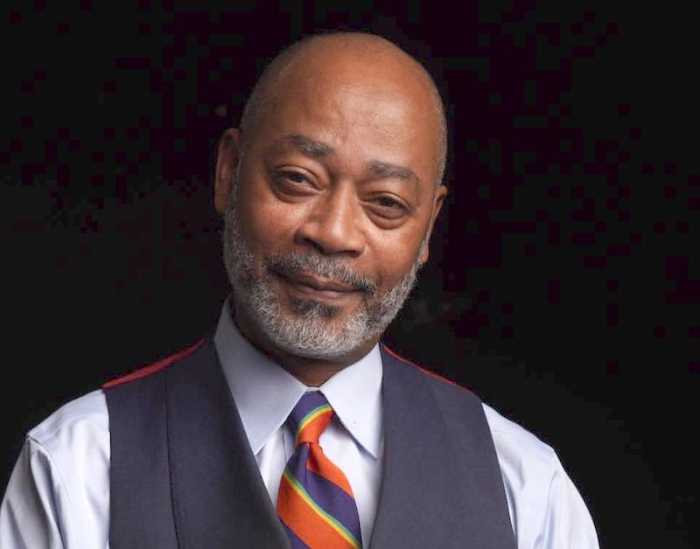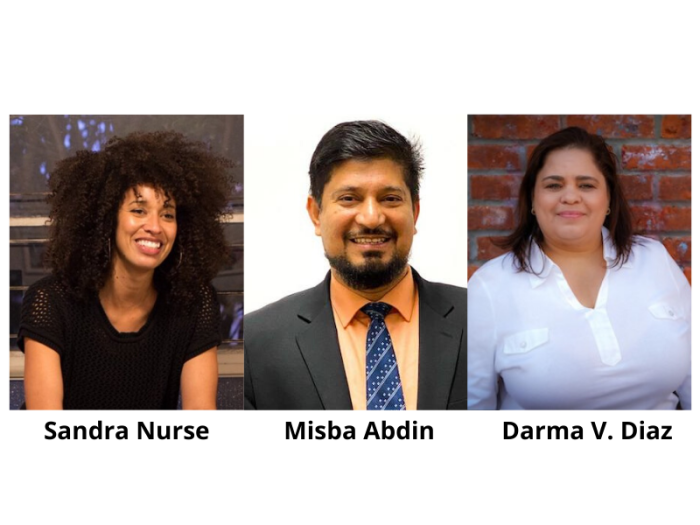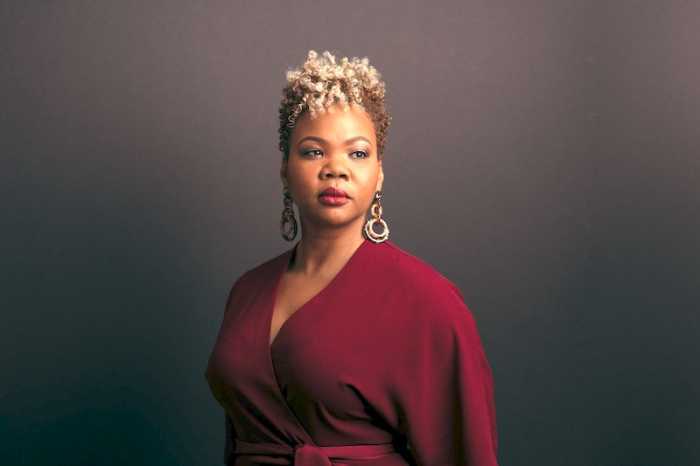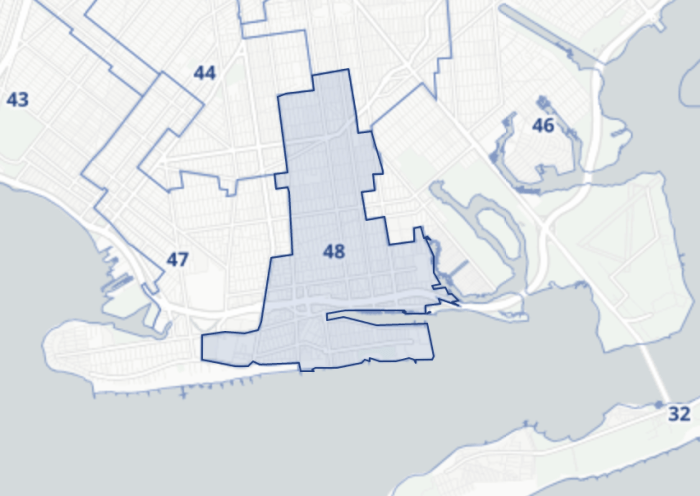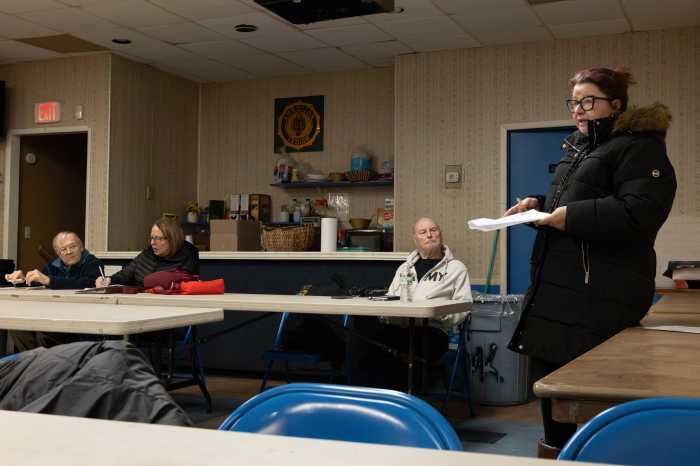The 33rd Council District covers the neighborhoods of Boerum Hill, Brooklyn Heights, the Navy Yard, Downtown Brooklyn, Dumbo, Greenpoint, Vinegar Hill and Williamsburg. Incumbent Stephen Levin was elected to represent the district in 2009 and is term-limited out of office by the end of 2021.
Since Levin took office, the district’s built environment has changed dramatically, with luxury developments rising in Downtown Brooklyn — which was rezoned by the city in 2004 — and similar towers cropping up along the Greenpoint and Williamsburg waterfront, which also underwent a major land-use change in 2005. Affordable housing and development are key issues among many candidates for the seat, along with environmental concerns, struggling small businesses, fixing the crumbling Brooklyn-Queens Expressway, and the COVID-19 recovery.
According to the latest Campaign Finance Board filings, 10 people are registered to run for the seat, including several of Levin’s current staffers. Eight of the candidates responded to Brooklyn Paper’s questionnaire. Glomani Bravo-Lopez, who is listed as a candidate with the CFB, said he is no longer running, while listed candidate Stephen Finley did not respond to a contact request.
Here are the candidates who responded, ordered alphabetically by their last names:
ELIZABETH ADAMS
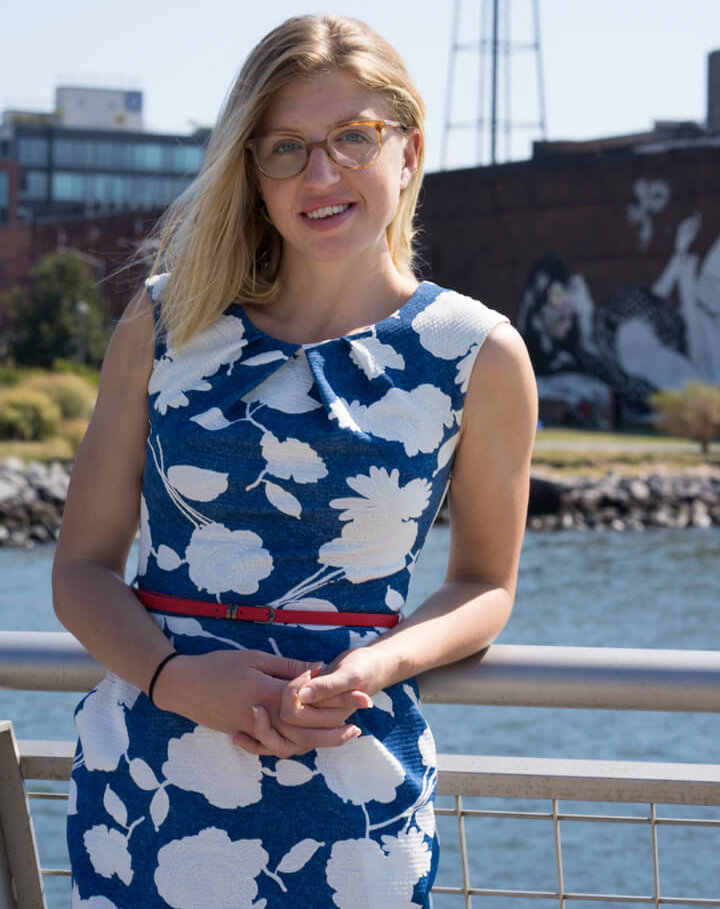
Brooklyn Paper: Why are you running for City Council?
BP: Tell us about yourself and your relationship to the district.
EA: I live in Greenpoint, where I have organized with my neighbors to stop the North Brooklyn pipeline, bring Open Streets to the district, and educate people about changing voting laws. When COVID hit, I helped form a mutual aid group in Downtown Brooklyn/Boerum Hill and started an exchange to get unused metro cards to essential workers. I am a proud NYC public school alum and child of a union household.
EA: The next Council has serious work to do around recovery and rebuilding our city. The district is also facing the repercussions of irresponsible development, including rising rents and harmful impacts of the BQE. We need to center small businesses, tenants, and climate-resilient neighborhoods and infrastructure, and we need to plan for a future that centers climate justice and changes our land use process to serve our communities.
BP: What will you do differently than the incumbent?
EA: I want to bring a community organizing approach to the Council by working with advocacy organizations, government agencies and other elected officials, and community activists to enact lasting progressive change.
BP: Tell us a bit about your political experience.
EA: After years of working on advocacy and reproductive health equity for Planned Parenthood, I joined Stephen Levin’s Council office as its Legislative Director, where I was proud to help pass legislation to stop secret NYPD raids of bars and restaurants, and worked to protect small businesses and advance long-term commercial rent regulation. I am a member of New Kings Democrats, and have engaged with various community boards and the Brooklyn Democratic County Committee. I’ve also been active in organizing to form a staff union in the Council.
BP: Any official endorsements?
EA: 21 in ’21, State Sen. Jessica Ramos, State Sen. Alessandra Biaggi, Councilmember Helen Rosenthal, small business owners, NYCHA tenant association leader.
VICTORIA CAMBRANES
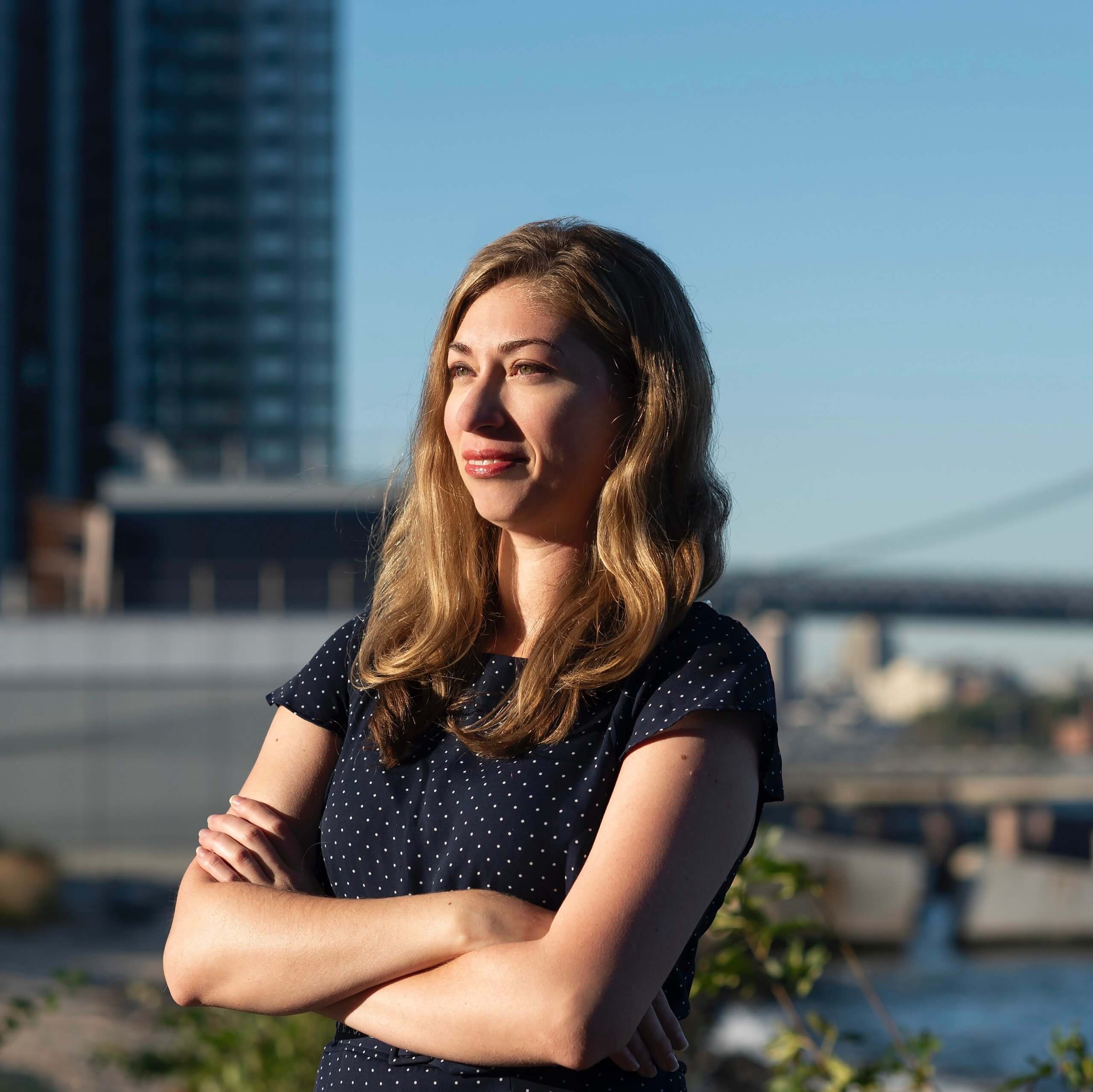
Brooklyn Paper: Why are you running for City Council?
Victoria Cambranes: Our district can’t survive if it stays on the “real-estate first” course it’s been heading, and candidates tied to the current administration will be an unsustainable continuation of that. As a District 33 lifer and community activist working on the ground to solve serious issues with sound policy and a people-first approach, I have a stake in whether this district thrives.
BP: Tell us about yourself and your relationship to the district.
VC: I am a native Greenpointer, a digital marketing freelancer for small businesses, and a first-generation American, with parents from Guatemala and Poland. I attended Skidmore College, and received my Masters Degree at the University of York in England, where I began my career. After the devastating 2016 election, I moved back home to Greenpoint, knowing that I had to fight for our district and community against both Trumpian nihilism and neoliberal governance which has failed us.
BP: What are the biggest challenges facing the district and how will you solve them?
VC: I’ll re-prioritize our city budget away from billionaire giveaways and subsidies, and use that money to affirmatively invest in working- and middle-class jobs, infrastructure, and shoring up our public assets.
We’ll achieve a local Green New Deal from Greenpoint to Gowanus by creating Green-Collar jobs for projects involving municipal subsidies; investing in green technology and moving away from fracked-gas pipelines; combating pollution by building natural barriers on our waterfronts; and cleaning up our polluted local sites.
I’ll divert NYPD funding into medical and community-based emergency services; mandate that no new municipal jails be constructed; and demand a proactive approach to hate groups and hate crimes.
BP: What will you do differently than the incumbent?
VC: I will address the root economic cause of many social justice issues: the funding of mega-developments through tax subsidies and rezonings, which takes money away from local services. I do not support the Gowanus rezoning, which creates unaffordable housing while our neighbors in the NYCHA Gowanus Houses receive nothing from the deal.
BP: Tell us a bit about your political experience.
VC: Judicial Delegate (2019 and 2020), Kings County Democratic County Committee member, Member of Community Board 1’s Women’s Issues Committee. Member of North Brooklyn Democratic Socialists of America. Former digital director/current member, North Brooklyn Progressive Democrats.
BP: Any official endorsements?
VC: Future Steps US; Brooklyn Progressive Alliance; Tom Angotti, professor emeritus at Hunter College and CUNY; David Galarza Santa, labor organizer and Puerto Rican community activist; Molly Crabapple, Award-winning artist, author and illustrative journalist; Marty Needleman, former co-executive director and chief counsel at Brooklyn Legal Services Corporation A; Deborah Spiroff, victims advocate at Wykoff/Woodhull hospitals, and plaintiff in Spiroff v. Exxon, which determined the $58m settlement over Newtown Creek Superfund Site; Jan Peterson, founder and director of the National Congress for Neighborhood Women, and chair of CB1 Women’s Issues Committee.
SABRINA GATES
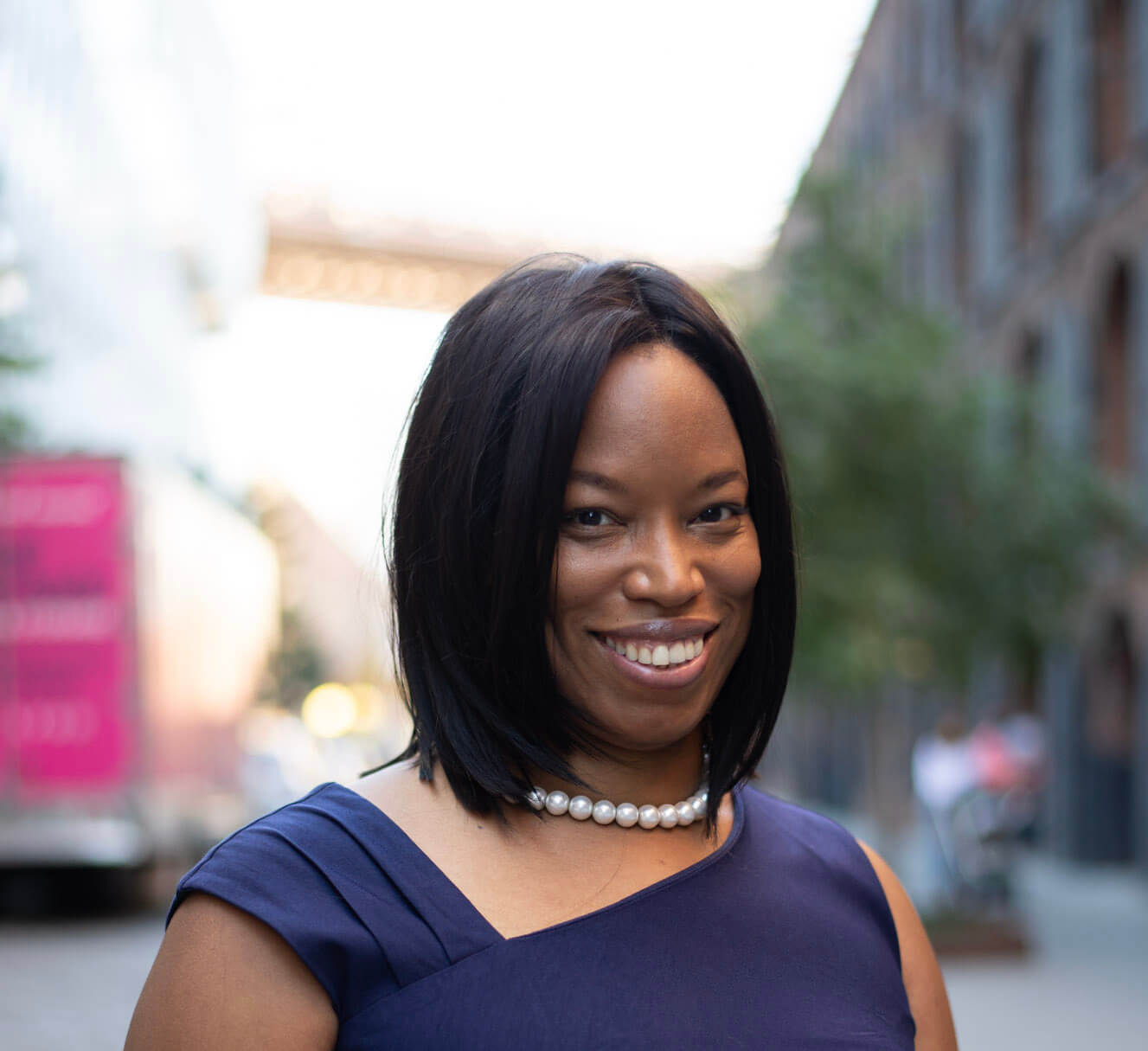
Brooklyn Paper: Why are you running for City Council?
Sabrina Gates: I love my community and I believe that we can do better by it. What is evident is that too often the city has taken a reactive approach instead of facing challenges with the same sense of urgency as we do in an emergency, particularly when there is so much that is critical to the wellbeing of the people who live here.
BP: Tell us about yourself and your relationship to the district.
SG: I have been a Brooklyn Heights resident for over 15 years. Most recently I ran my own business for several years. Prior to that, I worked for a number of years in the nonprofit sector.
BP: What are the biggest challenges facing the district and how will you solve them?
SG: I believe that the need for more responsible development that is mindful of the environmental and community impact is an issue, along with transportation, infrastructure, and the deterioration of small business. Businesses throughout our district were struggling prior to the pandemic and now many have shuttered. We must focus on providing relief to those businesses while also making it feasible for new businesses to take shape.
While I have a number of great proposals about things that could be done, no city council person operates entirely alone. Analysis shows that there have been a number of legislative proposals that have never even made it for a vote. If education, senior services, health, social justice, affordable housing, and homelessness are equally as important to my colleagues as they are to me, shouldn’t we have no problem moving the needle?
BP: What will you do differently than the incumbent?
SG: I will listen more than I speak and I will actively seek out opportunities to engage the public face-to-face through listening sessions, town hall meetings, and directly in the community. There are a number of organizations doing amazing work on many issues. We have to harness their energy and make sure their views come to the stage.
BP: Tell us a bit about your political experience.
SG: While I have volunteered for campaigns and currently serve as a member of the Kings County Democratic Committee, my most meaningful experiences have been around engaging the public on topics related to advocacy, voter registration, and the census.
BP: Any official endorsements?
[No response]
TOBA POTOSKY
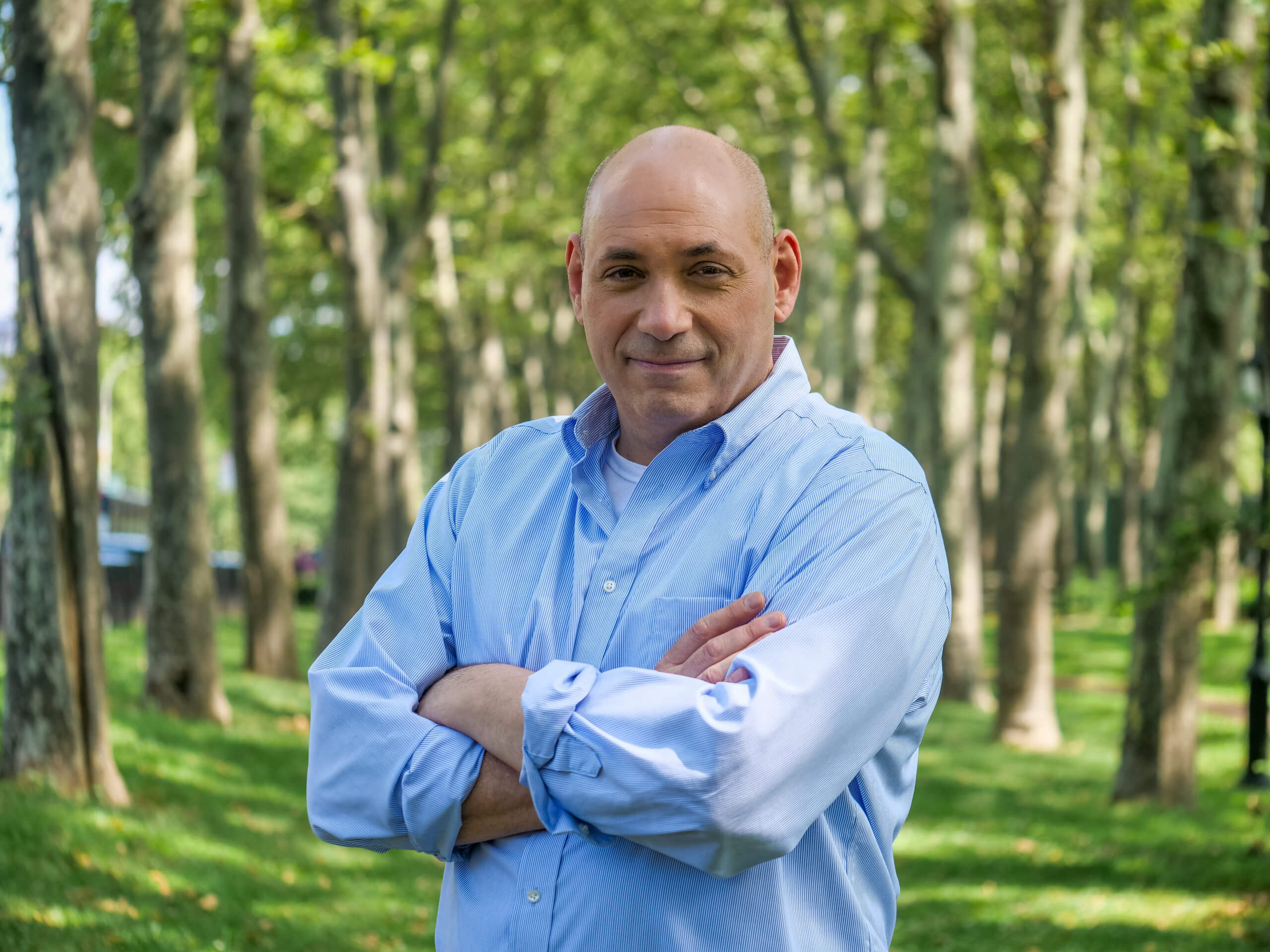
Brooklyn Paper: Why are you running for City Council?
Toba Potosky: There is a disconnect between City Hall and the rest of us. Let’s face it: The mayor stopped listening to regular people long ago. We now have to fight for the essentials like fully funding our schools, more affordable housing, and protecting our parks.
BP: Tell us about yourself and your relationship to the district.
TP: Since 1986 I have lived at Cadman Towers in Brooklyn Heights, a Mitchell-Lama affordable housing co-op, with my wife Ronni and our rescue dog Maddy. As President of the co-op for the last 16 years I’ve been responsible for a $7 million annual operations budget and overseeing a staff of 20. I am also the co-founder of the Cadman Park Conservancy.
BP: What are the biggest challenges facing the district and how will you solve them?
TP: I have a plan to build 100 percent affordable housing complexes at minimal cost to the city while expanding homeownership to low- and middle-income New Yorkers. For the homeless, we need to address the root of the problem by tackling addiction, mental illness, and criminal justice reform. We need a New Deal for NYCHA residents – including a tenant’s bill of rights and full capital funding.
The NYPD needs to be reformed not defunded, by retiring top brass, firing the bad cops, promoting good cops, and expanding community policing. There needs to be a coalition between the Economic Development Corporation, local Business Improvement Districts, and lenders to provide a lifeline for small businesses after the pandemic.
BP: What will you do differently than the incumbent?
TP: While I commend my friend Councilman Levin and his staff, I would ensure our focus was on safer streets, new transit infrastructure, and making a real commitment to affordable housing.
BP: Tell us a bit about your political experience.
TP: I’ve worked with an alphabet soup of city agencies, including HPD, HDC, NYC Parks, DOB, DOT, VA, and EDC. I’ve worked with elected officials and local organizations on a host of issues like saving the Brooklyn Heights Promenade, expanding affordable housing access, and supporting federal legislation to ban nonessential flights over our homes. Currently, I am working with elected officials on the restoration of the Brooklyn War Memorial.
BP: Any official endorsements?
[No response]
LINCOLN RESTLER
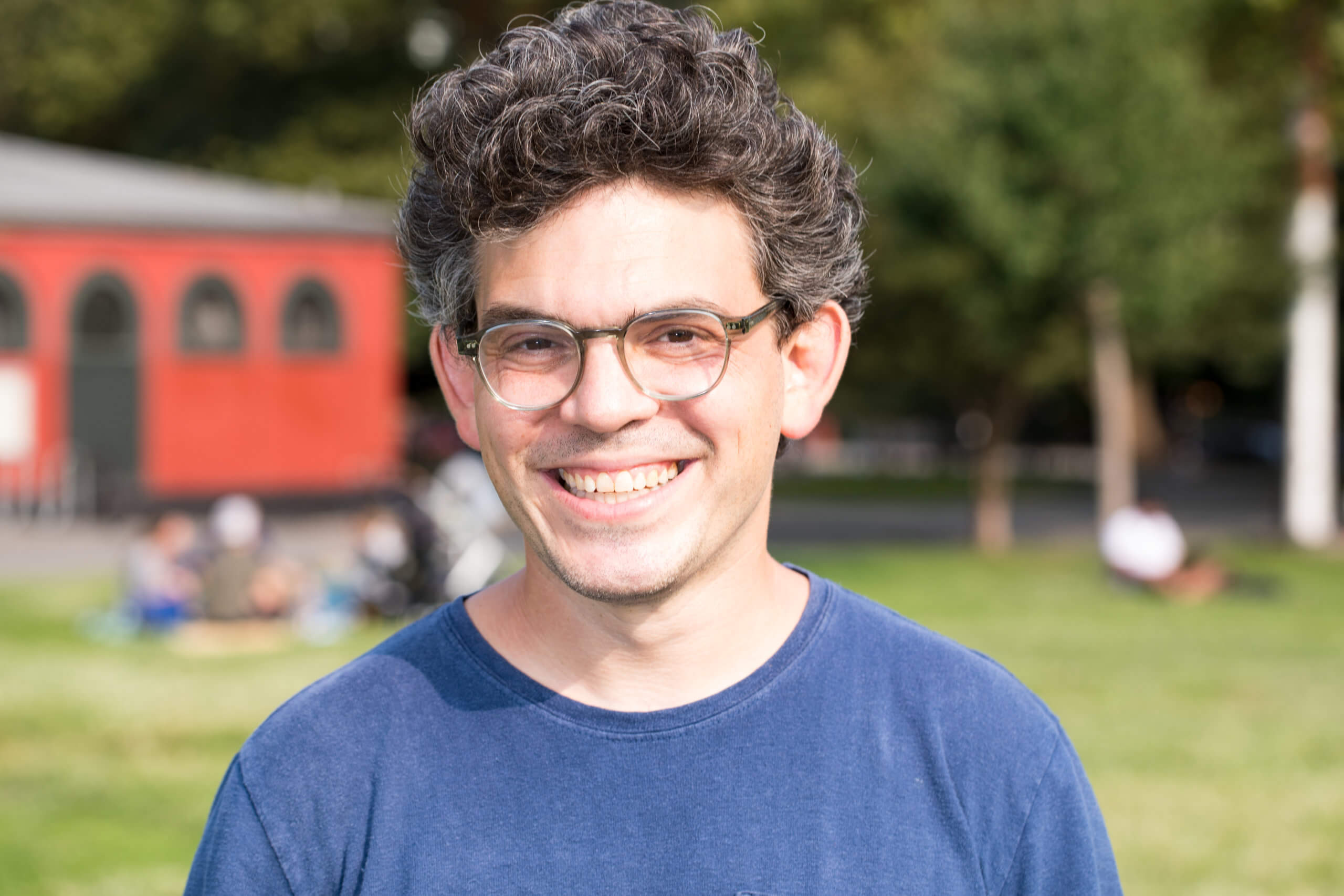
Brooklyn Paper: Why are you running for City Council?
Lincoln Restler: We face daunting challenges right now. Ever-rising rents and real estate speculation have been displacing our neighbors for too long, and our waterfront district is on the frontlines of the climate crisis. Now, the pandemic has generated unprecedented food insecurity, record unemployment, and hundreds of thousands of New Yorkers on the brink of homelessness.
The time for progressive action is now. I’m running for City Council to be a 24/7/365 resource, organizer, and problem solver for our neighborhoods. I want to be the first person you call, text, or email when you have an issue. Let’s make the 33rd District a model for Brooklyn, New York City, and beyond!
BP: Tell us about yourself and your relationship to the district.
LR: District 33 has always been my home. I grew up in Brooklyn Heights and I’ve lived in Greenpoint for over 10 years. This district is where I played t-ball in Cadman Plaza, had my bar mitzvah in Plymouth Church, and celebrated every graduation from kindergarten to high school. I currently work at St Nicks Alliance, which is the leading provider of youth and senior services and affordable housing in north Brooklyn.
BP: What are the biggest challenges facing the district and how will you solve them?
LR: From citywide issues like the affordability crisis, climate justice, and renovating NYCHA developments, to local issues like making our streets safer and more enjoyable, transforming the BQE, and, finally, building out Bushwick Inlet Park.
We are putting out detailed policy prescriptions during this campaign to tackle these issues and, if elected, I will partner with community members to build strong coalitions, run savvy campaigns and keep pushing until we get real results.
BP: What will you do differently than the incumbent?
LR: We need to ensure that new development actually meets the needs of our community. We need a Council Member who will stand up to real estate and secure the affordable housing we so desperately need. We also need a Council Member who will bring real accountability to the NYPD.
BP: Tell us a bit about your political experience.
LR: In 2008, I helped found a group called New Kings Democrats. Ever since, we have worked to bring transparency, accountability, and integrity to Brooklyn politics. I beat the Brooklyn Democratic machine when I was elected District Leader in 2010 to represent Williamsburg and Greenpoint.
I also spent a decade in city government, leading major initiatives like IDNYC, and learning how to make effective, meaningful changes happen in government.
BP: Any official endorsements?
LR: Congresswoman Nydia Velazquez, State Sen. Jabari Brisport, State Sen. Julia Salazar, the Working Families Party, all seven NYCHA tenant association presidents in District 33, the United Federation of Teachers, New York Communities for Change, VOCAL-NY Action Fund, Churches United for Fair Housing, and the leading LGBT political clubs LAMBDA Independent Democrats and Jim Owles Liberal Democratic Club.
STU SHERMAN
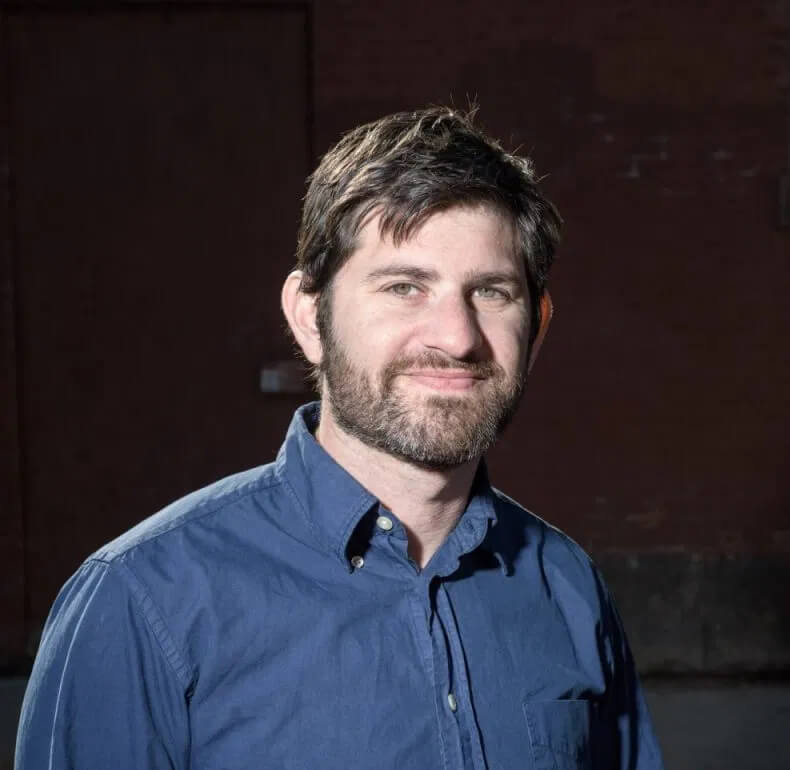
Brooklyn Paper: Why are you running for City Council?
Stu Sherman: I provide free legal services at hospitals, health centers, and hospices in my community. I assist with housing, immigration, public benefits, health care access, advance planning, and family law. At my local public hospital, Woodhull, I developed a program for low-income seniors suffering from Alzheimer’s and dementia. My experience helping my community has motivated me to run for City Council. I help people access housing and essential services, but insufficient funding and poorly-administered programs mean these needs are not being met. I will use my legal aid background, as well as policy experience from over a decade of government work, to make systemic changes in New York.
BP: Tell us about yourself and your relationship to the district.
SS: At Woodhull Hospital, my legal aid clinic helps seniors, people with disabilities, immigrants and other vulnerable communities ensure they have secure housing and healthcare, and the documentation they need to get it. Before that, I worked in health policy and budget analysis for the state legislature.
I paid for law school by going on Who Wants to be a Millionaire — but nobody should need to win a game show to get their education.
I’ve lived in Greenpoint since 2014 and have advocated for my neighbors for years. And I just became a dad late last year, with the birth of my daughter, Porter.
BP: What are the biggest challenges facing the district and how will you solve them?
SS: Affordable housing and small business survival are critical issues for District 33. We have to end over-development of market-rate housing, require strict performance standards from NYCHA, and end tax breaks for developers who aren’t building truly affordable housing.
We must also freeze commercial rent to help small business owners and small commercial landlords get through this pandemic. We need commercial stabilized rental units for community businesses, as well as legal and financial support for entrepreneurs starting new businesses.
BP: What will you do differently than the incumbent?
SS: We must elect someone who’s not part of the system that got us here. As a legal aid attorney, I fight for my clients everyday, often against city agencies that fail them. I understand the systemic issues hurting the people of my district, and I plan to address each problem at its root.
BP: Tell us a bit about your political experience.
SS: I’m an experienced advocate and activist. I’ve worked within the system to get the outcomes my clients need. I also worked with organizations within the district to help lead our community through these difficult times.
One group I work with was meeting in a senior center when the pandemic started. With my knowledge and experience, I explained how we could put seniors at risk, and we found a new location before ultimately moving our meetings online.
BP: Any official endorsements?
[No response]
BENJAMIN SOLOTAIRE
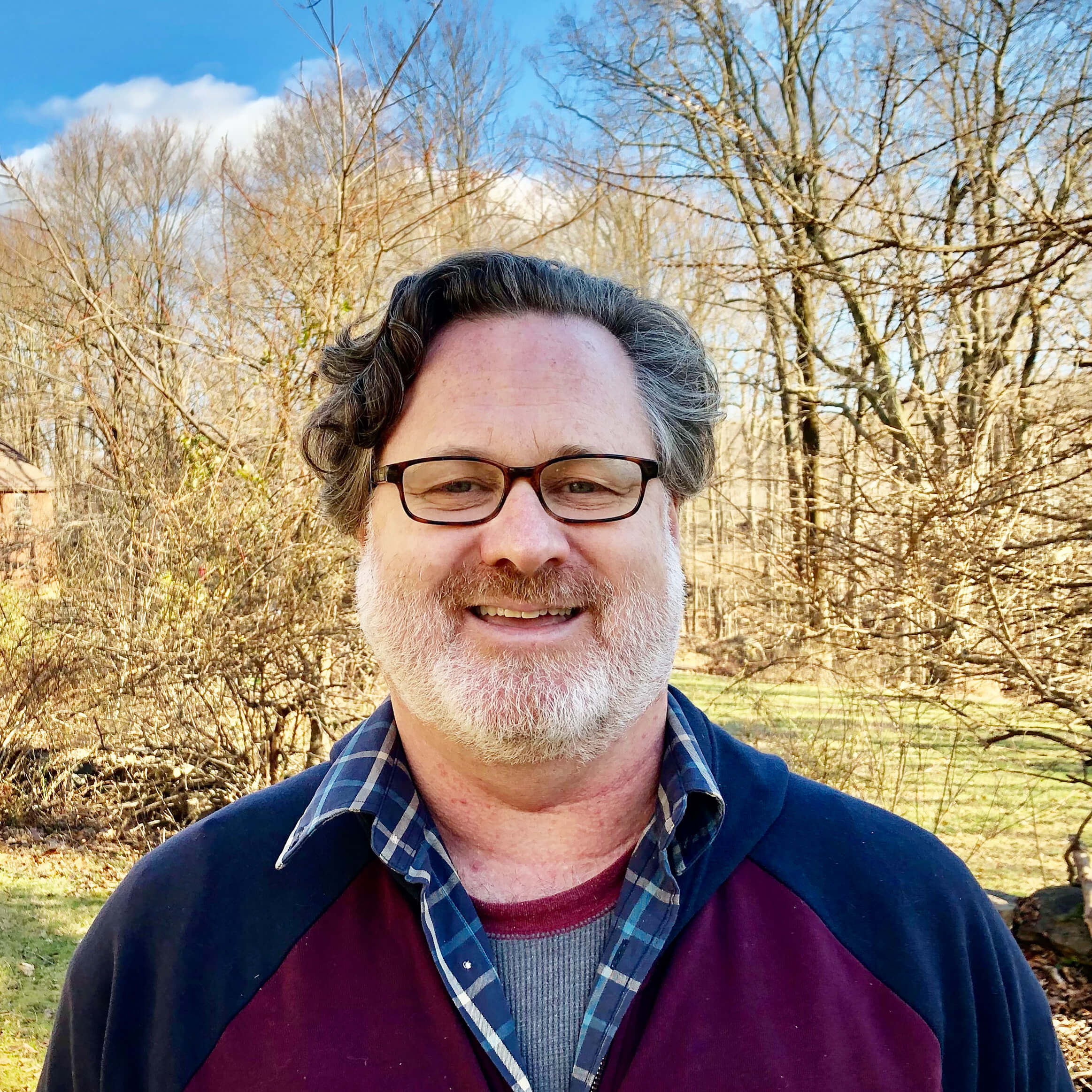
Brooklyn Paper: Why are you running?
Benjamin Solotaire: I want New Yorkers like you to have a voice — in your community and in how NYC is run. City government should focus on people, on making it easier for regular folks to live their daily lives, to have real opportunities, and to fulfill their dreams.
BP: Tell us about yourself and your connection to the district.
BS: I work for Councilmember Levin as community liaison for Williamsburg and Greenpoint and director of participatory budgeting. I have lived in or near the district for much of the last 30 years, and currently live in Gowanus. I am a father to two wonderful grown kids, Anya and Matthew, and recently obtained a Masters in Public Administration from Baruch College.
BP: What are the biggest challenges facing the district and how will you solve them?
BS: The most immediate challenge is rebuilding from the pandemic. The priority must be getting our kids back into school, tenants securely in their homes, and our businesses reopened.
We need to create a waterfront that is resilient and accessible. We need a shoreline with soft edges with biodiversity, and to use it for both recreation and economic development.
We also have a legacy of toxic contamination and need strictly enforced and transparent remediation protocols.
We need to reduce the number of cars and trucks by promoting alternative means of transportation from bikes and cargo bikes, to barges and rail.
And of course, we need more truly affordable housing. Mandatory Inclusionary Housing isn’t working for most New Yorkers. We need community land trusts so we can build and own property that meets the needs of our friends and neighbors. And we must reform the ULURP process to give communities a chance to really be involved in decisions that affect their neighborhoods.
BP: What will you do differently than the incumbent?
BS: I will make sure to engage with the community early and often. I will hold regular town halls at accessible times and locations, as well as regularly going to community meetings such as community education councils and community boards.
BP: Tell us a bit about your political experience.
BS: I have interned and worked for three City Councilmembers, and served as President of the Central Brooklyn Independent Democrats and on Community Board 6.
BP: Any official endorsements?
BS: None to date.
APRIL SOMBOUN
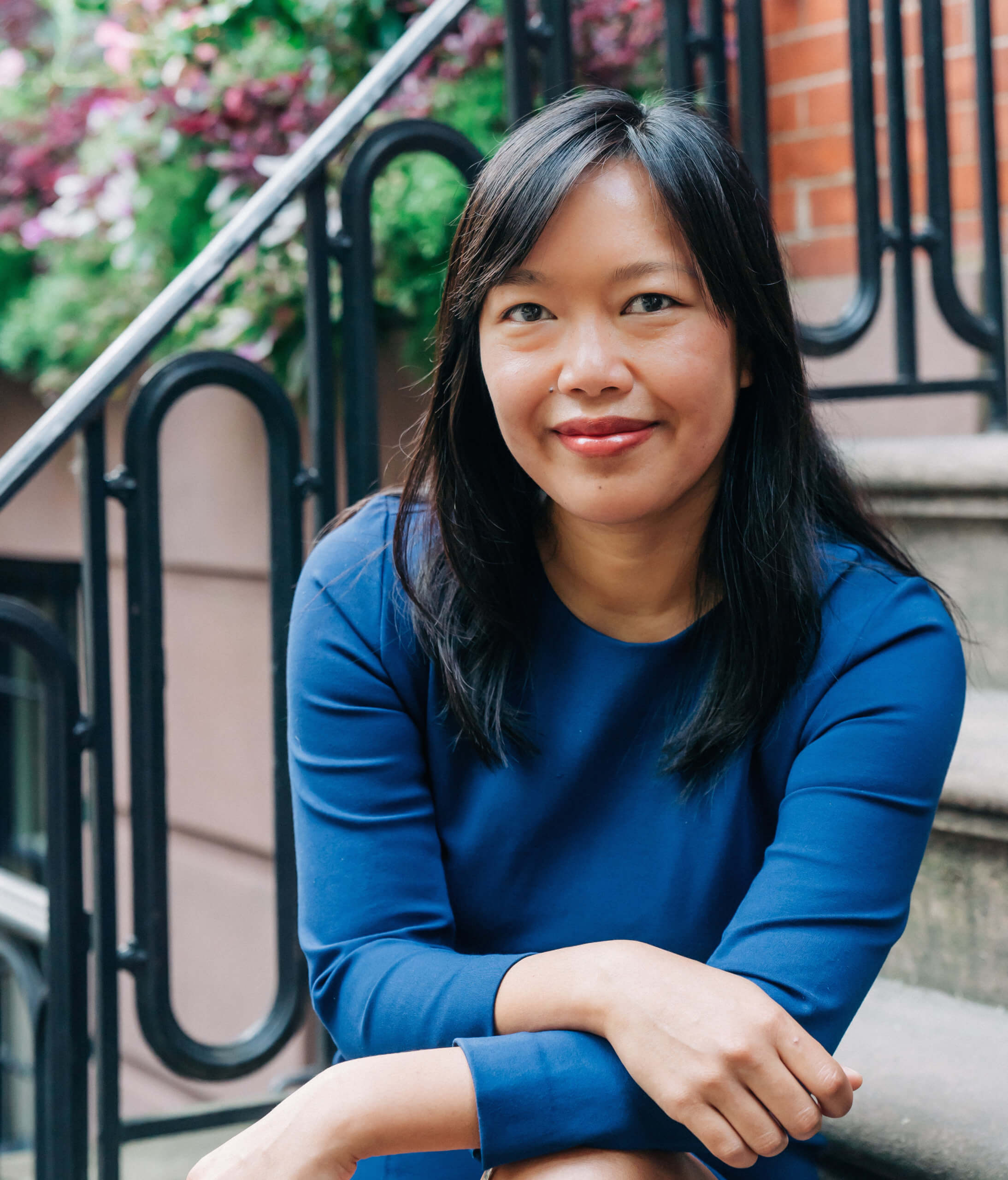
Brooklyn Paper: Why are you running?
April Somboun: I’m a mom, a wife, a professional, and an engaged, passionate Brooklynite. I came to this country as a refugee, the daughter of a single mother. I grew up in Section 8 housing and survived on food stamps. And, while I achieved the American Dream, I know that’s the exception—not the rule. Too many people are seeing that dream slip away.
I’m running for City Council to fight for working individuals and families plus, amplify the voices we need to hear most.
BP: Tell us about yourself and your connection to the district.
AS: I live in Brooklyn Heights with my husband two kids, ages 3 and 5. I work as a marketing strategist with nonprofits and corporations.
I am actively involved with the North Heights Community Group, the Brooklyn Bridge Park Community Advisory Committee and I’m a board member of the Brooklyn Book Bodega. My neighborhood activities include the Poplar Street Community Garden and volunteering at the Presbyterian Church food bank.
BP: What are the biggest challenges facing the district and how will you solve them?
AS: The district’s challenges include high-rise developments that aren’t affordable for the average New Yorker. I will eliminate perverse investment incentives that shift the costs of development onto our community, and advocate for smaller, more diverse developers who won’t ignore the community’s voice.
I support the Small Business Jobs Survival Act. I will work to eliminate nuisance fees and the onerous processing time for starting a new business, and stop the consolidation of commercial space in the hands of a few landlords who can afford to drive rents up.
I will advocate for safer bike lanes that separate cyclists from vehicles and ensure there’s a better way for the BQE.
BP: What will you do differently than the incumbent?
AS: I believe it is the government’s responsibility to make it as easy as possible for citizens to have their voices heard. This means better tools for raising issues, community meetings that respect the public’s time, and more pathways to engaging with our neighbors.
BP: Tell us a bit about your political experience.
AS: The most valuable experience I’ll bring to the City Council is my first-hand understanding of the struggles working individuals and families often face.
BP: Any official endorsements?
AS: As of right now, I don’t have any endorsements.
Note: Some responses have been edited for brevity, clarity, and style consistency.
This story first appeared in our sister publication Brooklyn Paper.


